David Baxter PhD
Late Founder
How to fight cancer-related fatigue
By Sheryl M. Ness, Mayo Clinic
Feb. 13, 2010
Hi everyone, my name is Sheryl Ness. I'm a nurse and educator for the Cancer Education Program. I have many years of experience as a nurse, more than five years working directly with cancer patients, as well as serving as a writer and editor for a cancer survivor newsletter.
I've noticed many of you mention that fatigue is a big concern. Whether you're currently receiving treatment, have completed treatment, or are years post-treatment, fatigue can be a persistent, lasting effect from cancer treatment. It may seem like normal, daily tasks take more energy and your reserves are far less than before your treatment. Recently, Mayo Clinic completed a survey of the needs of cancer survivors, and identified fatigue as a major concern.
Cancer-related fatigue is different from the fatigue of everyday life, which is usually temporary and often relieved by a good night's sleep. Cancer-related fatigue is an overwhelming sense of exhaustion and persistent feeling of tiredness that can accompany cancer and cancer treatment. It's usually not relieved by rest or sleep.
Here are some strategies to help with cancer-related fatigue:
By Sheryl M. Ness, Mayo Clinic
Feb. 13, 2010
Hi everyone, my name is Sheryl Ness. I'm a nurse and educator for the Cancer Education Program. I have many years of experience as a nurse, more than five years working directly with cancer patients, as well as serving as a writer and editor for a cancer survivor newsletter.
I've noticed many of you mention that fatigue is a big concern. Whether you're currently receiving treatment, have completed treatment, or are years post-treatment, fatigue can be a persistent, lasting effect from cancer treatment. It may seem like normal, daily tasks take more energy and your reserves are far less than before your treatment. Recently, Mayo Clinic completed a survey of the needs of cancer survivors, and identified fatigue as a major concern.
Cancer-related fatigue is different from the fatigue of everyday life, which is usually temporary and often relieved by a good night's sleep. Cancer-related fatigue is an overwhelming sense of exhaustion and persistent feeling of tiredness that can accompany cancer and cancer treatment. It's usually not relieved by rest or sleep.
Here are some strategies to help with cancer-related fatigue:
- Allow time earlier in the day for short periods of rest, so that night sleep is not disturbed.
- Talk with your doctor or nurse about a program of regular exercise. Mild to moderate exercise has been found to be helpful in reducing fatigue. Consider swimming, walking, yoga, etc.
- Balance rest, sleep, and activity. While sleep and rest are important, don't overdo it. Too much rest can actually decrease your energy level.
- Eat a well-balanced diet and drink plenty of liquids. Your body needs protein, carbohydrates, vitamins, minerals, and water to work efficiently. Meet with a nutritionist or dietitian to find the best plan for you.
- Don't be afraid to ask for help, it makes others feel needed and helps you get things done. For example, neighbors may pick up items for you at the grocery store while doing their own shopping.
- Use relaxation methods or creative outlets to reduce stress (i.e. deep breathing, imagery, meditation, music, art).
- Maintain your social life. Many people eliminate social activities all together when they are feeling fatigued. Include activities that are satisfying to you in order to replenish your spirit. These activities can actually add to your energy level.
- Work with your health care provider to keep symptoms like anemia, nausea, and fever under control.

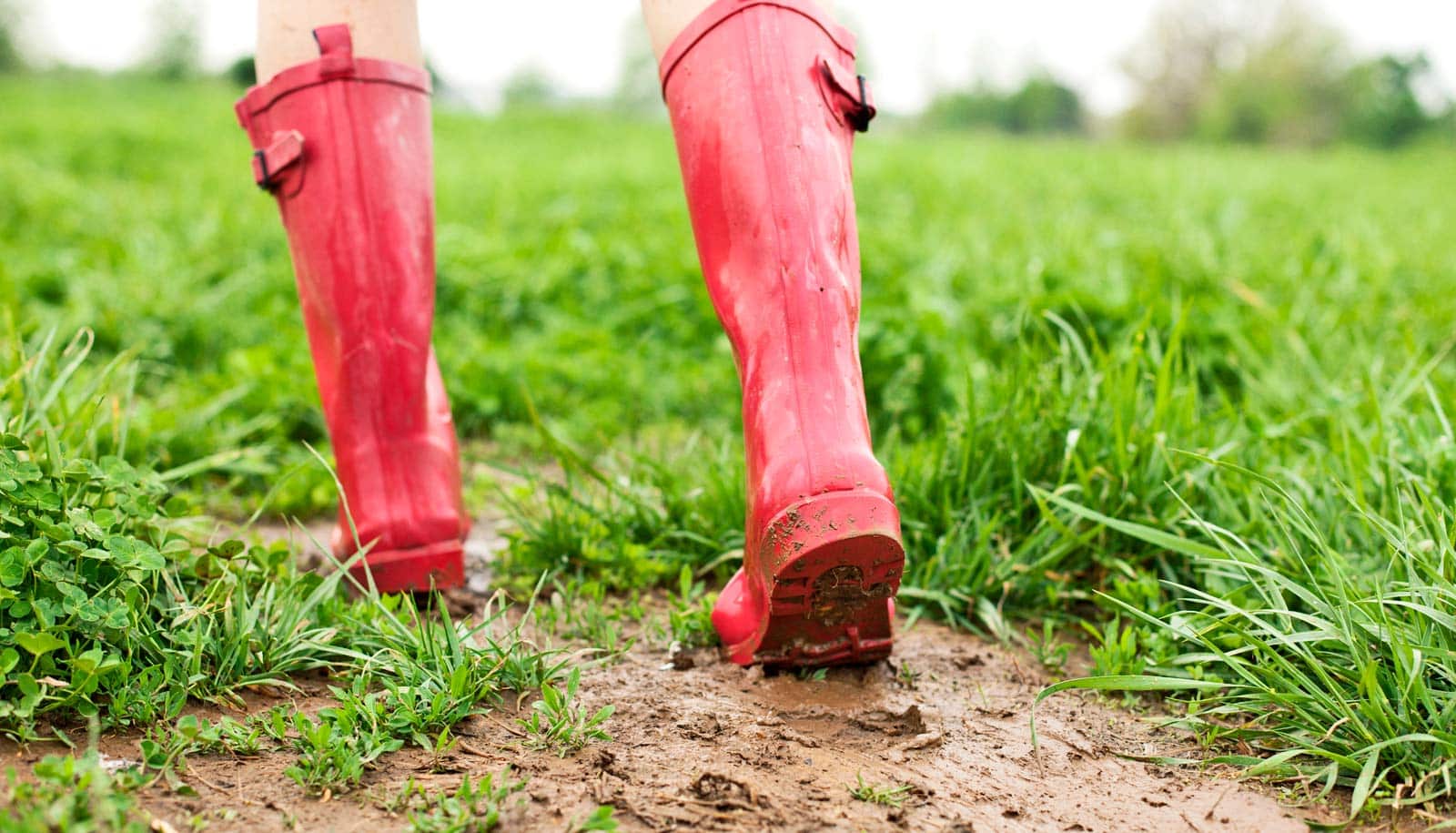


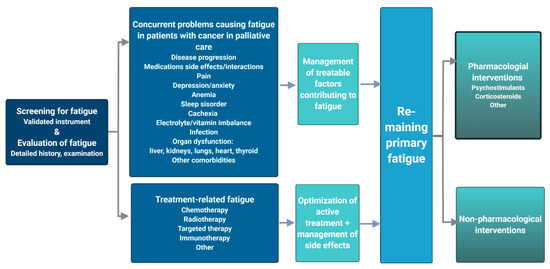
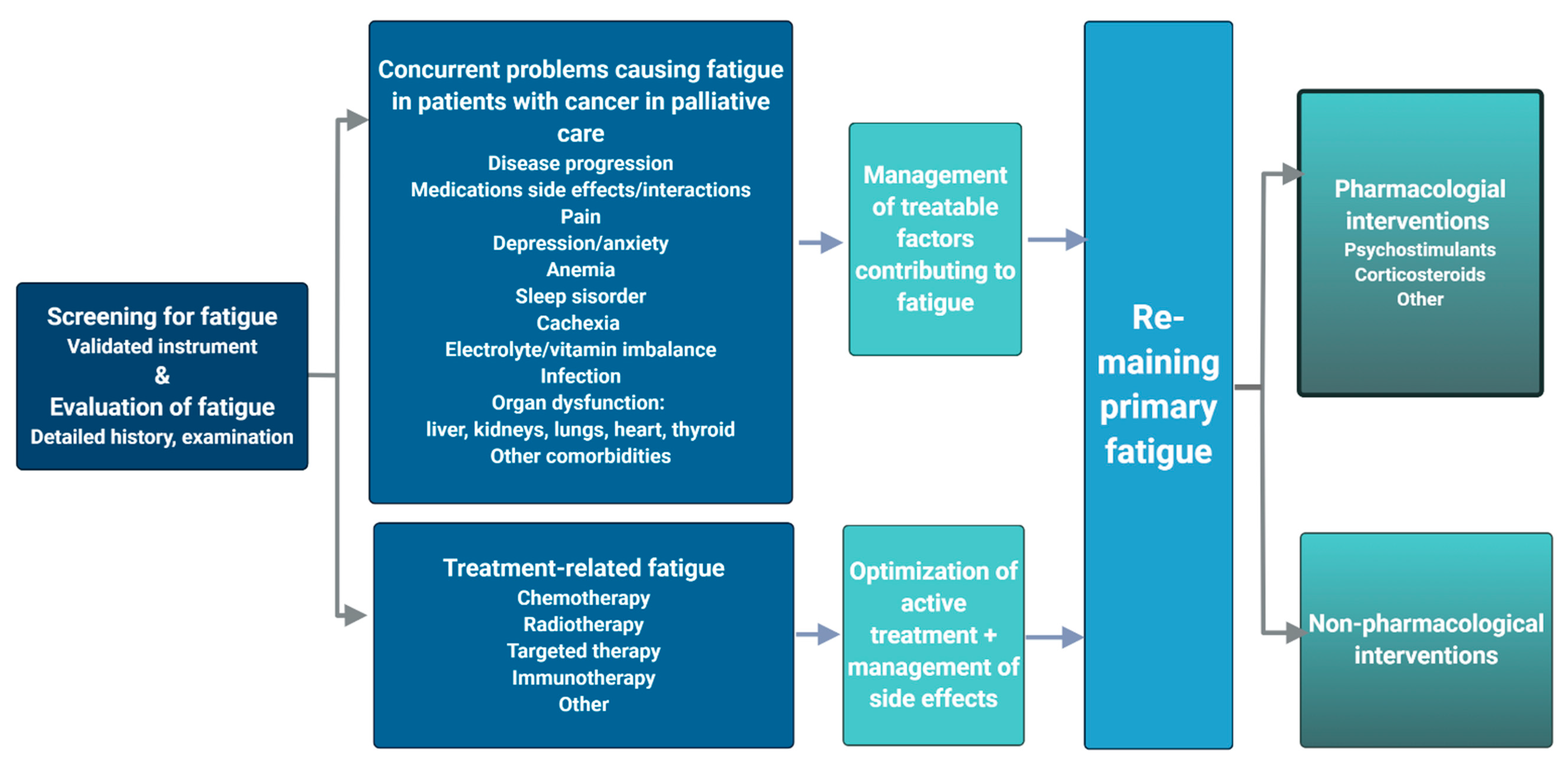
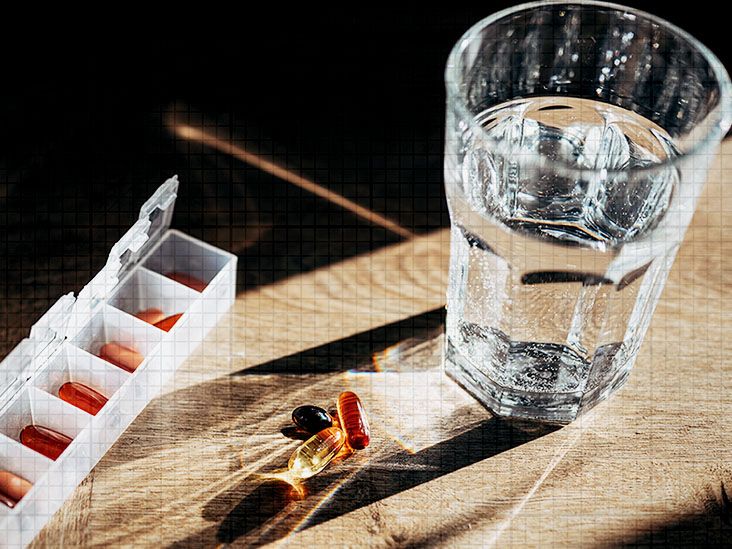
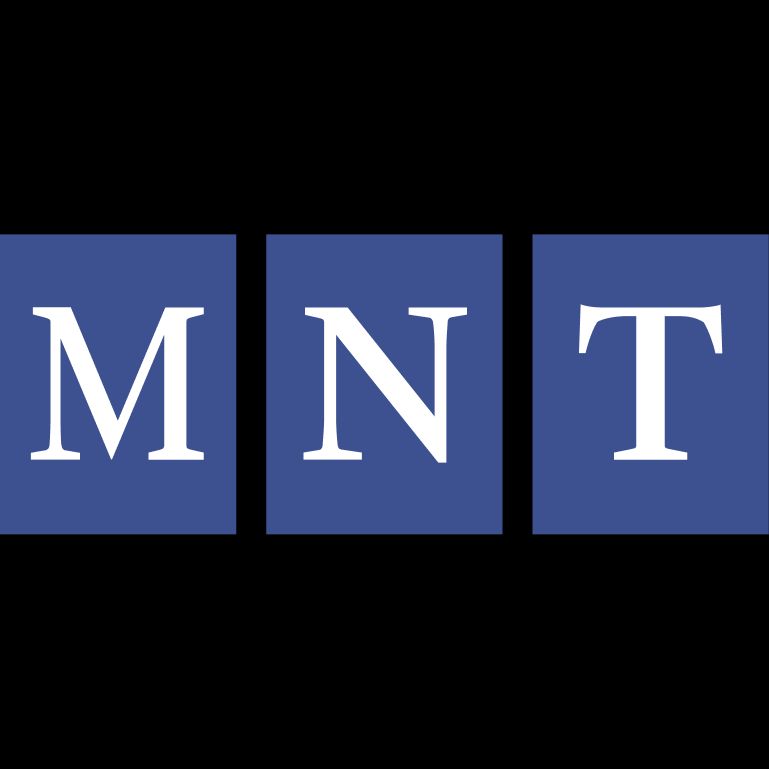



 , showed significant improvement in the intervention group compared with the group receiving usual care. The intervention group also showed improvements in the following:[
, showed significant improvement in the intervention group compared with the group receiving usual care. The intervention group also showed improvements in the following:[

